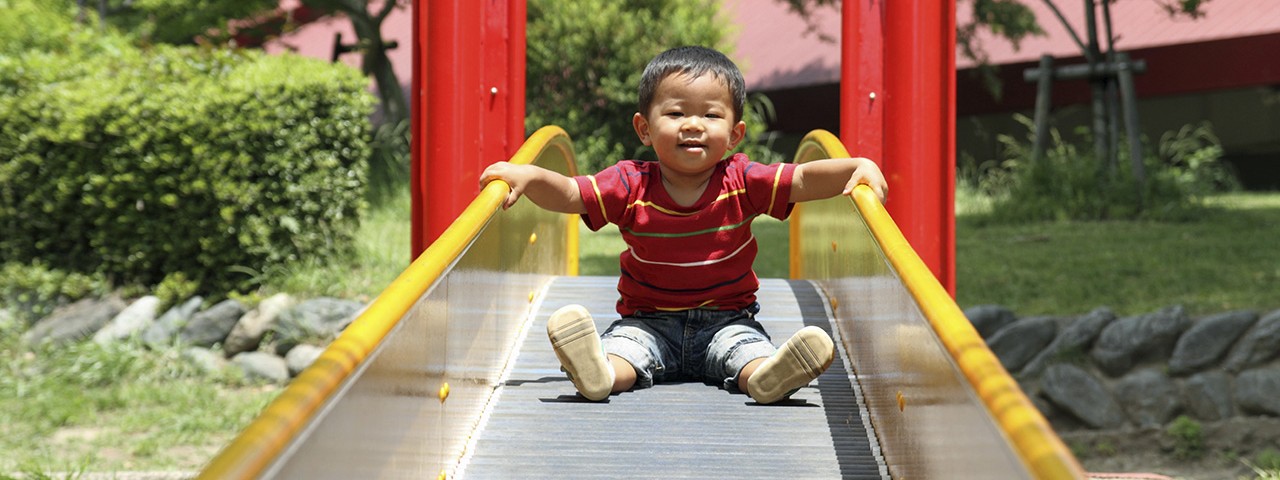4 Ways To Nurture Self-Confidence in Young Children
- Tweet

Children need to feel good about themselves. A positive self-image has long-term effects on behavior, achievement, and even health. Self-confidence is not inherited; it is learned. Knowing the benefits of having a positive self-image, caregivers want to know how to help their children develop it. Below are some ways to encourage the development of self-confidence, using “Touch, Talk, Read, Play” techniques from the Urban Child Institute:
#SelfConfidence is not inherited; it is learned. Tweet this!1. Create a sense of safety and security.
Babies need to feel safe and secure. Responding lovingly to her cries and her needs from birth builds in your baby a sense that she is loved and important. As she grows, this frees her to explore her environment because she trusts that you will be there as her “home base” that she can return to if frightened, frustrated, or simply eager to share her discoveries. It also strengthens her social skills. As she gets older and spends more time with other children, she will take that sense of security with her.
2. Help develop a good attitude.
One of the best blessings a child can receive is an “I can do it” attitude. Children are not born with self-confidence; they develop it based on interactions with others. Help your little guy develop a good attitude about himself and his abilities. Showing him affection freely instills a sense of self-worth. Let him see your joy and pride in his accomplishments, so that he learns that he has the ability to accomplish important things.
3. Encourage problem-solving.
We parents just hate to see our child struggle through a difficulty. Watching her try to cram the square block into the triangle opening on the shape sorter, we’re tempted to step in and show her the correct way. But did you know that allowing her to work through these problems herself will actually boost her self-confidence?
As long as the challenge is developmentally appropriate, try to refrain from rushing in to rescue her too soon. First, offer some encouragement and guidance. When she succeeds, she’ll have a greater sense of accomplishment. Be sure she has opportunities to try problems that are just slightly beyond her skill level, so that working through the solution is both interesting and rewarding. Applauding her efforts as well her accomplishments is vital in encouraging her self-confidence.
4. Repeat.
Learning any valuable skill requires lots of practice. Be patient when she repeats a skill over and over and over. This repetition is critical for mastery and, quite frankly, it’s fascinating for her! Give her time to explore her new skills in different ways. Take advantage of her curiosity. The more she learns, the more her self-confidence will grow.
As parents and caregivers, we want the very best for our children. Self-confidence is vitally important for their future. With patience, we hope that these four “Touch, Talk, Read, Play” tips can help you promote a healthy sense of self-esteem in your child. As always, it’s good to remember that you are your child’s first and most important teacher. A positive, encouraging attitude will greatly influence your child’s development.
